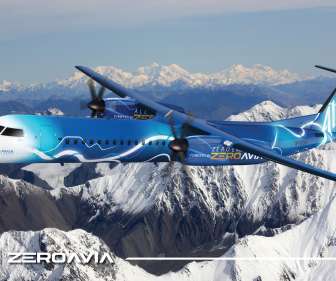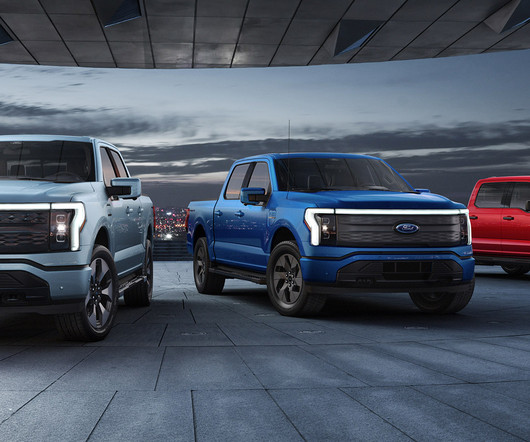Alaska Air Group collaborating with ZeroAvia to develop hydrogen powertrain for 76-seat zero-emission aircraft
Green Car Congress
OCTOBER 27, 2021
ZeroAvia announced a development collaboration with Alaska Air Group, the parent company of Alaska Airlines, for a hydrogen-electric powertrain capable of flying 76-seat regional aircraft in excess of 500 NM. capable of transporting 76 passengers. ZeroAvia will set up a location in the Seattle area to support this initiative.












Let's personalize your content